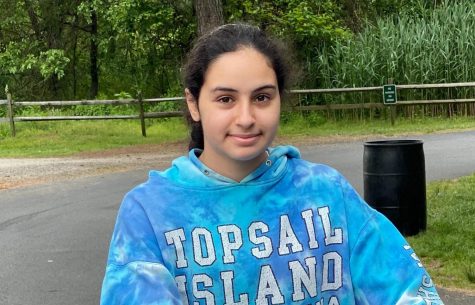Six ways to be more eco-friendly from home

This is a list of some easy swaps that you can make in your everyday life. You can become more eco-friendly by paying attention to the things you do that affect the environment and learn to make changes that will prevent human health and the world from deteriorating.
1. Metal Straws and other alternatives for plastic straws
Alternative straws such as metal straws are highly durable and eliminate the need for hundreds of plastic straws which produce a lot of carbon emissions and are harmful to our environment and some animals like turtles and seabirds. There are also many other options such as paper and wooden straws.
This past year, Starbucks made efforts to phase out plastic straws which contain 9% less plastic than the flat lid and straw previously used.
2. Water filters
Try investing in a water filter because not only does it make you avoid using single-use plastic which is highly detrimental to our environment, but can also help you save money.
“My family uses a Brita water filter now because it’s cheaper and we used up way too many water bottles,” freshman Arlet Lopez-Cardozo said. “I realized that it’s better for the planet than buying water bottles regularly.”
3. Reusable bags
Plastic takes about 1,000 years to break down, so using a tote or reusable bag rather than plastic bags when shopping or going to the grocery store is beneficial.
“I like to use tote bags since they’re more durable compared to plastic bags that rip easily,” said Driss Muhammed, a father of two students who is an advocate for living eco-friendly.
It may not seem like a big deal. However, plastic bags are linked to harm human health, marine life and wildlife.
“I definitely think more people should use reusable bags,” Muhammed said.“I feel like it’s just a really easy way that we can do our part in helping the environment.”
4. Donate clothing to thrift stores
“Every once in a while, my parents ask me to look through my clothes to see which ones I can donate, and we drop them off at the donation box by the school,” Lopez said.
When you donate your clothes you are saving the environment from a lot of harm since less clothes will be discarded at landfills. When they break down, toxic greenhouse gases like carbon dioxide and methane are released into the environment.
5. Growing a garden
Buying locally grown food is a beneficial way to decrease the negative impacts on the environment but another option is growing food in your backyard.
“We grow things like squash, cucumbers, and potatoes,” said Driss Muhammed, who also started a garden in his backyard. “I find it satisfying when the vegetables are ripe and ready.”
By growing your own food, you reduce the amount of chemicals that enter our waterways since you choose what enters your soil and plant. You are also not contributing to the amount of produce that has to be transported large distances.
Growing food in your yard is also a way to help you save money, not to mention the better flavor and quality of your vegetables. Many people find gardening to be a relaxing and stress-relieving hobby.
Next time you have some free time in your hands, think about taking on gardening. Which can be a convenient hobby to do especially while staying home during the Coronavirus pandemic.
6. Real plates and flatware
Typically disposable silverware comes as a convenience since you can just toss it out instead of having to clean up.
But, plastic and styrofoam silverware actually take extra trips to the garbage, extra money spent, extra trips to the grocery store, and even extra space in your pantry.
Furthermore, some plastics even release toxins into the air. So, despite having to wash dishes, for the most part, real silverware is seen as the better option.
Try to opt for a positive change by altering your everyday lifestyle just a bit. Or pay attention to your actions which may be incautious but can make a difference.

Freshman Rym Benouna is a staff writer on The A-Blast. She is planning on joining the basketball and soccer team at Annandale. She spends most of her time...



